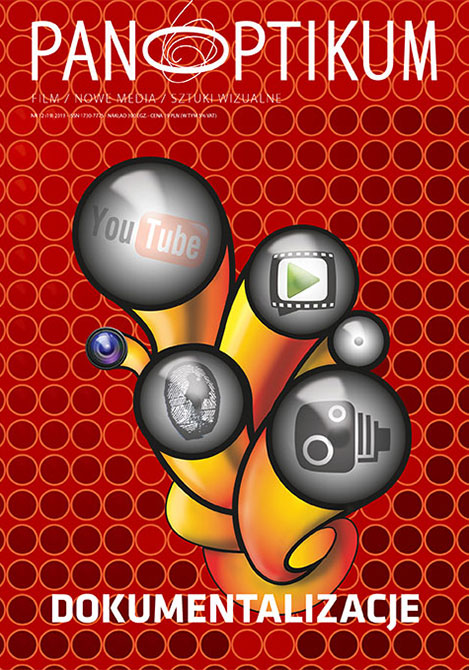Paranoid, moi? Surveillance and the Popular Cultural Documentary
Abstrakt
Authors research the ways in which surveillance discourse and studies on surveillance phenomena manifest itself in mainstream documentary filmmaking. The subject of this critical case study is David Bond’s Erasing David (2010), hybrid documentary which aesthetics and conceptual roots are clearly embedded in the tradition of Michael Moore’s subjective, populist filmmaking. Pedersen and Stephenson’s critical analysis of Bond’s documentary follows issues of both the form and the problematic way in which surveillance was represented and conceptualized by the filmmaker. In order to articulate their reservations they introduce a typology of discoursed and critical perspectives dominating the ways in which surveillance phenomena is usually introduced. Authors ask about the character of interrelations between documentary cinema (artistic practice), surveillance (social practice), and academic discourses on surveillance (theory), eventually sharing a comment on the efficiency of this theoretical and practical works that were intended as openly critical or subversive.

 Uniwersyteckie Czasopisma Naukowe
Uniwersyteckie Czasopisma Naukowe





